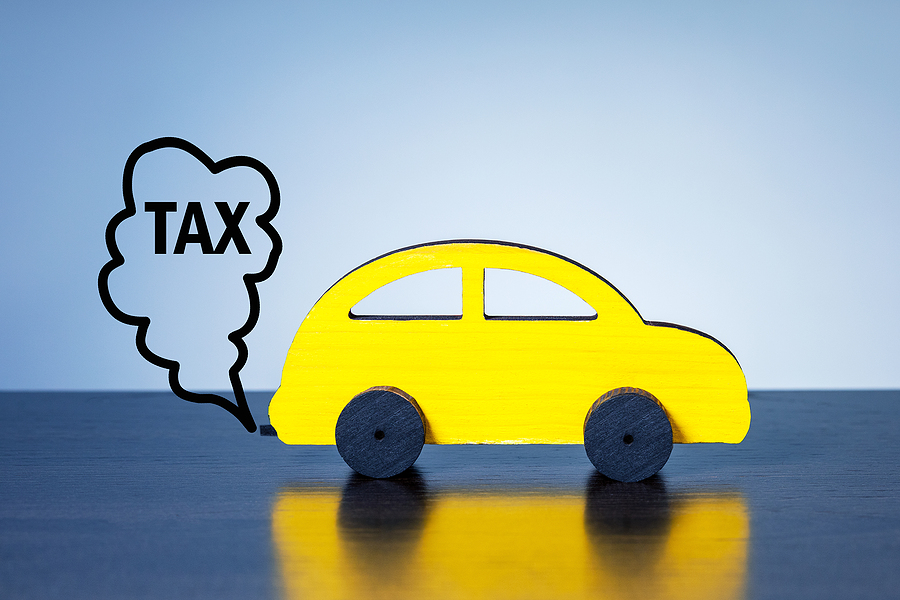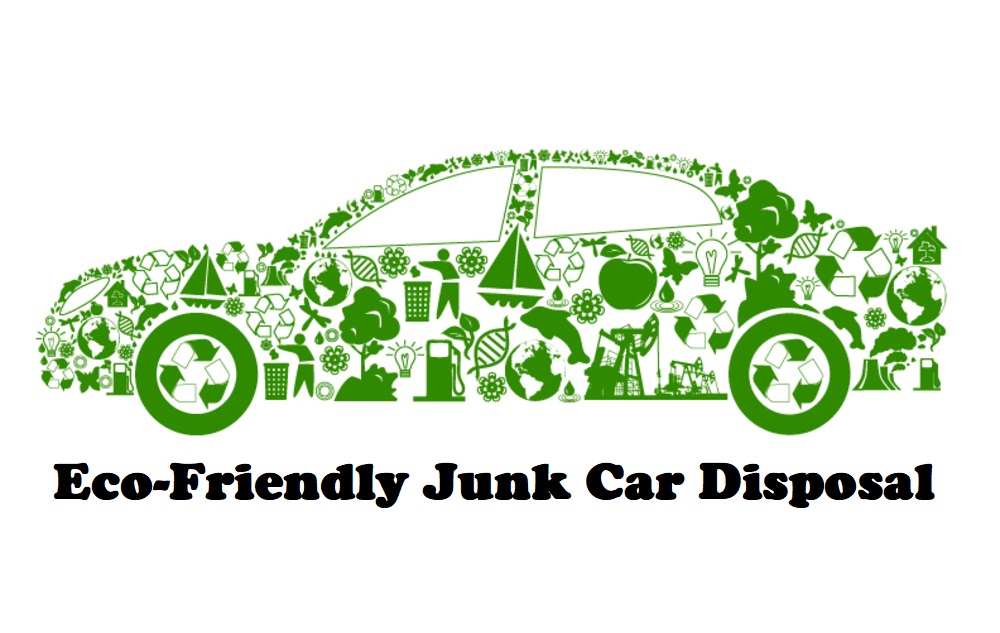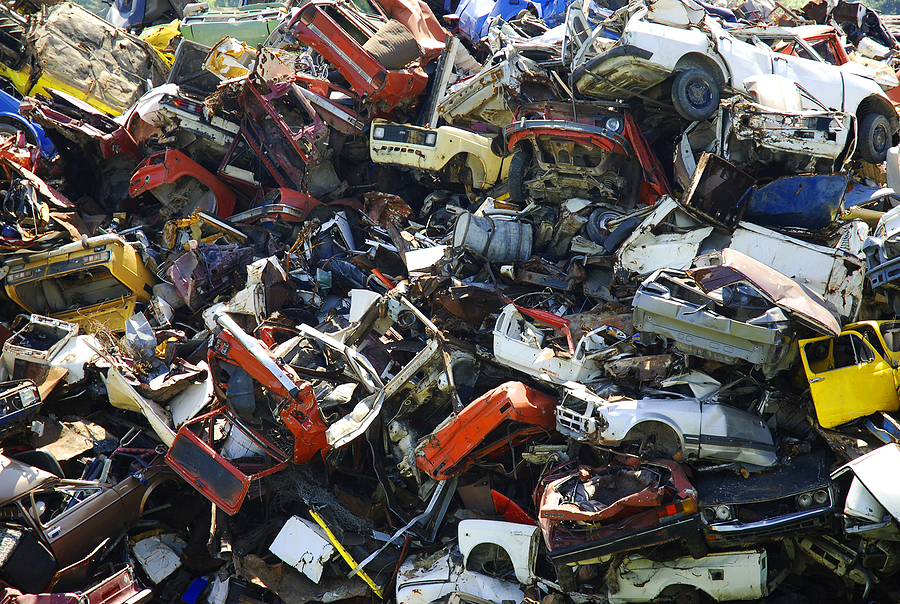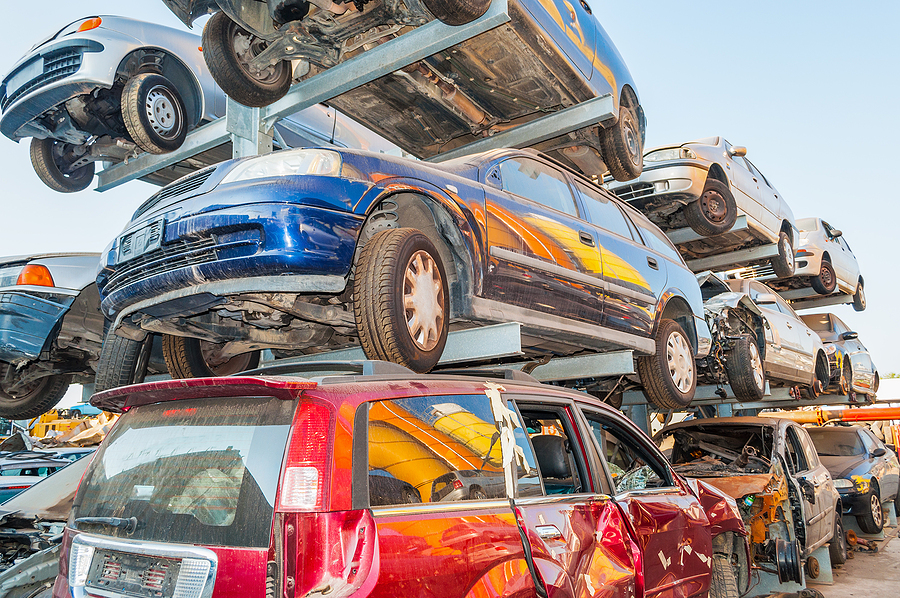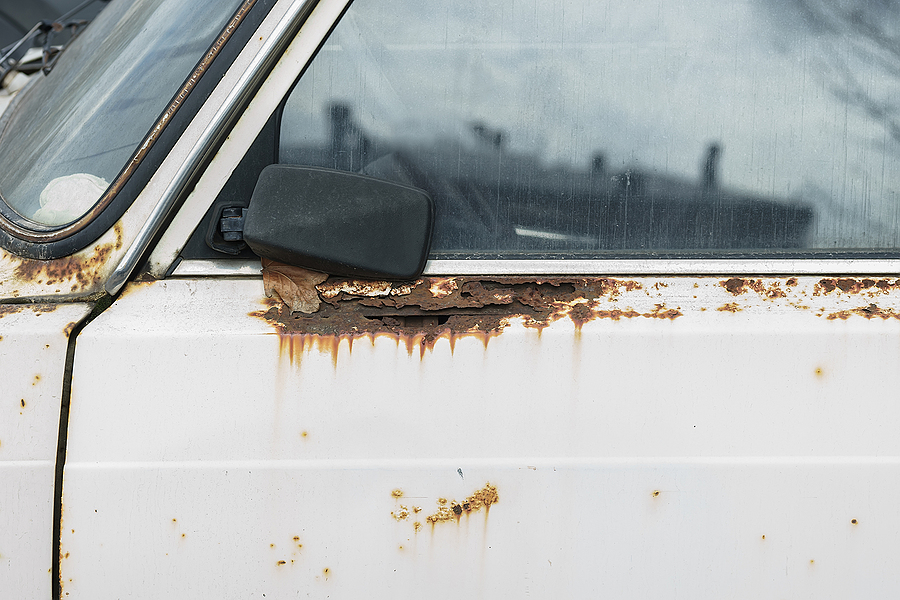Ever wondered why the weight of your junk car impacts its scrap value so significantly? Understanding this can make a world of difference when selling your old vehicle. Whether you own a junk car, truck, SUV, or van, knowing how weight influences scrap value can help you get the most out of your unwanted vehicle.
This blog post dives into the fascinating relationship between a junk car’s weight and its overall scrap value. We’ll explore the main factors that determine scrap value, explain how weight is measured, and share tips on maximizing your vehicle’s scrap value. Plus, we’ll touch on important environmental and safety considerations you should keep in mind.

Factors Affecting Scrap Value
When it comes to determining the scrap value of a junk car, several factors come into play. The most significant ones include the vehicle’s make and model, age, condition, and—perhaps most importantly—its weight. Understanding these factors can help you better predict how much cash you can expect when selling your junk car.
Vehicle Make and Model
The make and model of a vehicle can significantly influence its scrap value. Some models have more valuable parts that can be reused or sold separately, while others may not demand as high a price. High-end vehicles or those with rare components usually fetch higher prices than common, mass-produced models.
Age and Condition
The age and condition of a junk car also play a crucial role. Newer vehicles, even if they’re junk, often have auto parts that are much higher in value compared to older models. A car that’s still in relatively good shape will generally be worth more in scrap than one that’s severely damaged or rusted out.
Weight as a Determining Factor
Among all these factors, weight stands out as a primary determinant of scrap value. The heavier the vehicle, the more metal it contains, and the higher its scrap value. This is because scrap yards value vehicles based on the amount of recyclable material they can extract, and metal is the most valuable component.
How Scrap Car Weight is Measured
To understand how weight impacts scrap value, it’s essential to know how weight is measured in the scrap industry. Different methods are used to weigh cars, trucks, SUVs, and vans, and this can affect the final valuation of your junk vehicle.
Standard Weight Measurement Methods
In most cases, scrap yards use large industrial scales to weigh vehicles. The weight is typically measured in tons or pounds, depending on the region. The process involves driving the vehicle onto the scale, noting its weight, and then subtracting the weight of any non-metal components.
Differences for Various Vehicles
Not all vehicles are weighed the same way. Cars, being lighter, are usually easier to weigh accurately. Trucks, SUVs, and vans, on the other hand, require more robust scales due to their heavier weight. These differences are crucial to understand, as they can affect the final scrap value.
Tare Weight and Gross Vehicle Weight
Two terms you might encounter are “tare weight” and “gross vehicle weight.” Tare weight refers to the vehicle’s weight without any cargo or passengers, while gross vehicle weight includes everything. Scrap yards often focus on the tare weight to determine how much recyclable material they can get from the vehicle.
Impact of Weight on Scrap Value
Weight has a direct impact on the scrap value of your junk car. Heavier vehicles generally fetch higher prices because they contain more metal, which is the most valuable part of a junk car. Let’s explore this in more detail.
Heavier Vehicles Fetch Higher Prices
In simple terms, the more your vehicle weighs, the more it’s worth in the scrap industry. This is because scrap yards extract metal from junk cars, and metal prices can vary based on market demand. Heavier vehicles contain more metal, making them more valuable.
Hypothetical Examples
Consider a small Chevy Cavalier that weighs around 2,500 pounds. Compare this to a larger Ford Explorer that weighs about 4,500 pounds. Even if both vehicles are in similar condition, the SUV is likely to fetch a higher scrap value because it contains more metal. This same principle applies to trucks, vans, campers, RVs, boats, personal watercrafts, tractors, forklifts, golf carts, and all other larger, motorized vehicles. These vehicles are generally heavier and thus more valuable as scrap.
Market Influences
Scrap metal prices fluctuate based on supply and demand in the metal market. When the demand for metal is high, scrap values increase, making heavier vehicles even more valuable. Conversely, when metal prices drop, the scrap value decreases, but heavier vehicles still retain a higher value compared to lighter ones.
Strategies to Maximize Junk Car Scrap Value
Now that you understand the importance of weight in determining scrap value, let’s look at some practical strategies to maximize the value of your junk car, truck, or tractor. Here are some tips to help you get the most cash for your vehicle.
Increase Vehicle Weight
One effective way to maximize scrap value is to increase your vehicle’s weight. You can do this by leaving non-metal components intact when you bring your car to the scrap yard. Components like seats, tires, and even fluids add to the overall weight and can boost the scrap value.
Remove Valuable Parts
While increasing weight is beneficial, removing and selling valuable parts separately can also maximize your profit. Parts like the battery, catalytic converter, and electronics can fetch a good price when sold individually. Just make sure to balance this with the overall weight to ensure you’re still getting a good scrap value.
Clean and Prepare Your Vehicle
Before taking your junk car to the scrap yard, clean it thoroughly. Removing personal items and debris can make it easier for the scrap yard to assess the vehicle and give you an accurate quote. Ensuring your car looks presentable can also leave a good impression and potentially lead to a better offer.
Environmental and Safety Considerations
While maximizing scrap value is important, it’s equally crucial to consider the environmental and safety aspects of scrapping a vehicle. Here are some key points to keep in mind.
Environmental Impact
Scrapping vehicles has a significant environmental impact. Proper disposal and recycling of metal and other materials help reduce waste and conserve resources. Make sure to choose a reputable scrap yard that follows environmentally friendly practices.
Safe Removal of Hazardous Materials
Vehicles contain hazardous materials like oil, coolant, and brake fluid. It’s essential to remove these safely before scrapping the vehicle. Many scrap yards offer services to handle this, ensuring that the process is safe and environmentally responsible.
Legal Requirements
Be aware of the legal requirements for scrapping a vehicle in your area. This may include providing proof of ownership and ensuring that the vehicle is free of any liens. Following these guidelines can help you avoid legal issues and ensure a smooth scrapping process.
Conclusion
Understanding the impact of weight on the scrap value of your junk car is crucial for getting the best deal. By considering factors like vehicle make and model, age, condition, and weight, you can better predict the value of your junk car, truck, or tractor. Remember to follow practical strategies to maximize your vehicle’s scrap value and keep environmental and safety considerations in mind.
By applying the knowledge shared in this blog post, you can make informed decisions about scrapping your vehicle and ensure you get the most cash for your junk car. Don’t hesitate to contact local scrap yards for more information and to get started on scrapping your vehicle today.
Looking for a junk car buying professional who can offer the highest payout for your scrap vehicle? Here we are! Contact GC’s Junk Cars at 317-608-2188 to sell a junk vehicle for cash in Indianapolis, Indiana. We offer free towing with our in-house tow truck, so all you have to do is call and accept our offer!
Related Posts:
How to Assess Your Junk Car’s Worth
Frequently Asked Questions About Junk Cars and Their Value
How to Assess the Scrap Value of a Junk Truck





